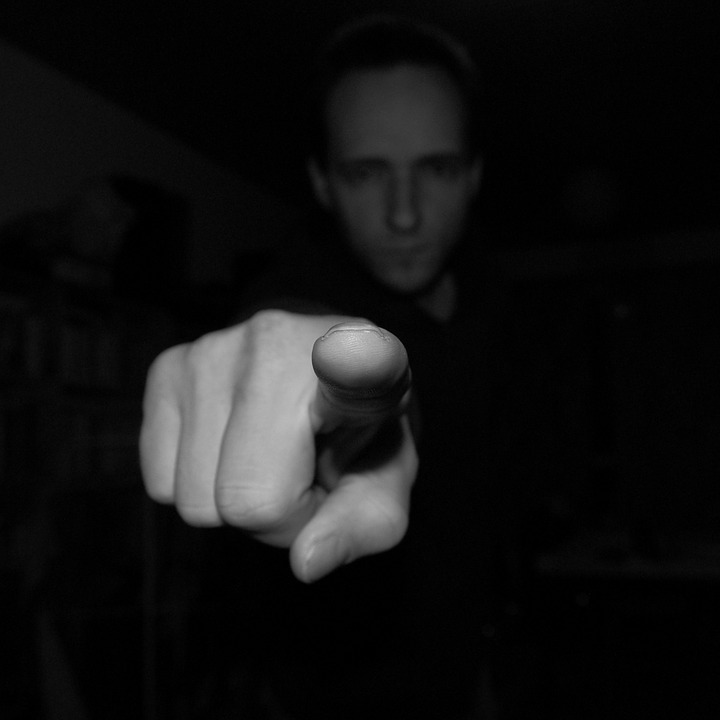Bishop Barron recently spoke out on the subject of the clerical sexual abuse scandal, reminding us to avoid the temptation to respond in a time of crisis by creating scapegoats. Barron references Rene Girard, who famously proposed the thesis about the scapegoat mechanism, deeply rooted in any human culture, a release from violence that begets violence, a cure which is also a poison.
But in most cases of scapegoating in myth and history the chosen victim is not the guilty party. There is no guilty party, or, perhaps, in a sense, everyone is a guilty party: that’s what makes it so terrifying, and drives the need to pin blame on someone or something. The chosen scapegoat may be an outsider, one who stands apart from the rest – or it could be an insider, intending to represent the community, as in Shirley Jackson’s disturbing story “The Lottery.” But in any case, the scapegoat is not the one to blame for whatever enormity is heaped on them.
I can certainly see instances of the kind of scapegoating Barron warns us of, when I see people trying to pin the entire scandal on some shadowy “lavender mafia.” Janet Smith, a classics scholar who speaks and writes on issues of moral theology, claims that the fault lies not with the bishops, but with a “homosexual network” in the church. I’ve even seen people try to blame feminists. These are glaringly obvious scapegoating attempts, intent on pinning the blame on some already marginalized and hated group, and deflecting the focus from pursuit of justice.
It’s important to distinguish between scapegoating and the pursuit of justice, and not to try to quell the latter out of fear of the former. Similarly, it’s important not to condemn the legitimate and honorable rage or pain that many are feeling now, as though it were on a par with the hysteria of a violently scapegoating community.
Whether or not there are shadowy networks within the ranks of the clergy I do not know. It would not surprise me. But if there are, the people at fault are those particular priests, and anyone around them who knew and covered up. The broad demographic of “gay men” cannot and must not be scapegoated in this case, especially given a) how many gay men are vocal in opposition to all such abuse; b) the fact that some have been victims themselves; c) the fact that the scandals have to do with predatory behavior towards women, too. It’s also cruel and disingenuous to equate being gay with being attracted to boys, as most gay men are horrified by pedophilia as I am.
I admire much of Barron’s work, and share his appreciation for Girard, but in this case I can’t help but wonder whether, as a bishop and priest, his “don’t scapegoat!” message is intended somewhat to deflect the attention from the class of those who are responsible: bishops and priests.
image credit: pixabay.com/en/photos/blame/













